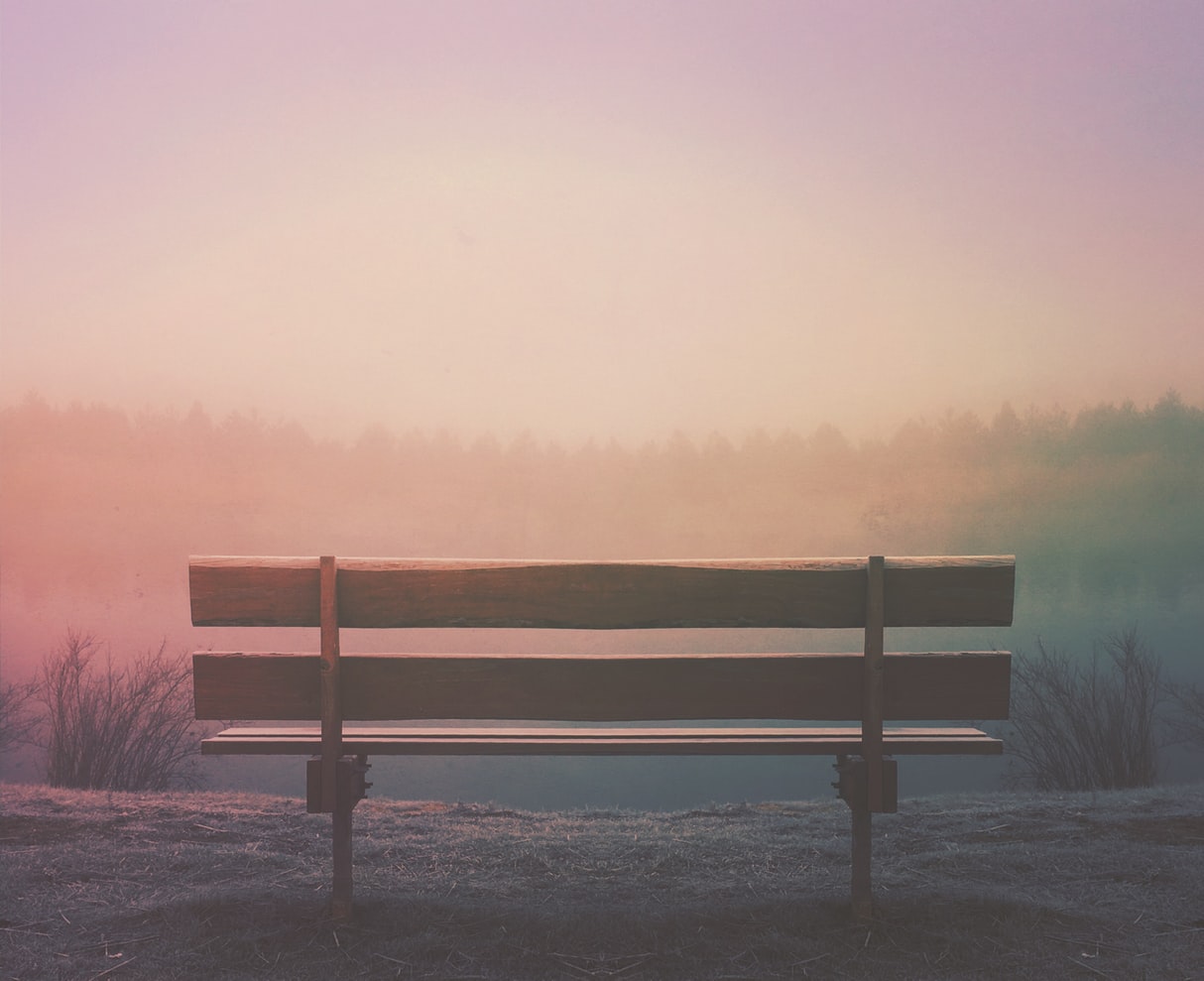Remaining in Jesus: The Foundation for Dialogue with God

A while back while waiting in a doctor’s office, a person next to me struck up a conversation and asked what I did for a living. I replied that I was a prison chaplain and this person replied, “Oh—that must be interesting. What does a prison chaplain do?”
I thought for a moment: How do I explain what I do? Then I remembered the words from 1 Corinthians 9:22; “I have become all things to all people so that by all possible means I might save some.” This is the best summary I have found of the diverse roles of a prison chaplain. Prison chaplains are different things to different people. Chaplains are comforters, pastors, teachers, counselors, advisors, administrators and confidants. They are creative and understanding as they demonstrate God’s grace and love in ministering to people of differing faiths and cultures in very restrictive settings.
Chaplains listen to the angry, the frightened, the lonely, the poor, and all those who are hurting in one way or another. Chaplains are called to remember that no matter the crime, human dignity has not been forfeited, and we should recognize and respect each person. We understand that even inmates are valued by God.
The Many Roles of a Prison Chaplain
A prison chaplain does more than just give away Bibles and pray for people.
He or she challenges offenders to address the often ignored spiritual issues deep inside. Despite all of these challenges, prison chaplaincy is an exciting and rewarding ministry.
Prison chaplains counsel those who have committed some of the worst crimes imaginable. At times, we are asked to provide direct assistance in the inmate’s rehabilitation. A prison chaplain also functions as a supervisor for volunteers. Many times the chaplain may not be able to meet with every inmate, perform medical unit visits, or consistently visit inmates in administrative segregation (known as “the hole”). So, the chaplain utilizes volunteers to serve in these areas.
Volunteers have the same liability and status with the prisoners as paid employees; however, most volunteers do not have the years of training and experience that paid staff members have. This makes the chaplain’s role in oversight crucial for ensuring safety while still fulfilling all the tasks expected of the chaplain in a prison setting.
Most prisons have diverse religious programs in place: Christians, Wiccans, Muslims, Native Americans, Jewish, and Catholic inmates, to name a few. The Chaplain must be familiar with these groups and some of their tenets in order to oversee religious programming.
Chaplains also advise correctional staff on religious issues, provide spiritual counseling to inmates, provide religious literature to inmates of all faiths, and provide offenders being released with resources that can help them in their transition. They also maintain spiritual programming files, submit monthly reports on all group activity and attendance, and supervise inmates assigned to assist the chaplain.
The Stress of Prison Chaplaincy
Prison chaplaincy is a very high-stress job due to constant safety concerns, especially for those who work in maximum security institutions. Consistent prayer and maintaining one’s health are critical components in avoiding burnout and stress-related illnesses that are commonplace in prison chaplaincy.
In addition to annual training, consistent care must be a priority to ensure that a prison chaplain has avenues to relieve stress. Time with family, hobbies and other activities that take our minds off the constant pressure we feel on a daily basis are crucial. Even though we are spiritual guides, we are also employees of a prison, which means that we experience similar patterns of burnout and stress as do correctional officers and other staff members.
A Calling
So, why become a prison chaplain? Why would anyone choose this career? The call of a prison chaplain is a unique call from God that includes a burden to minister God’s love to the “least of these.”
Many people have asked me why I chose this career, and I think the best answer comes from Matthew 25:35-36: “For I was hungry and you gave me food, I was thirsty and you gave me drink, a stranger and you welcomed me, naked and you clothed me, ill and you cared for me, in prison and you visited me.”
Imagine being in prison and no one ever visited you. There are many inmates who have that experience. They may have brought the consequences of a prison sentence upon themselves because of their choices, but as Christians, we are people of grace. Many of these inmates will be released back into society, and the prison chaplain’s job is to ask, “Who is going to be there for them?”
People often make poor choices that lead them down harmful roads. The potential and worthiness of humanity is clouded by such actions.
We as Christians, and especially as prison chaplains, are called to remember that inmates are still people created in the image of God.
The image may be tarnished or fractured, but there is always hope that the pieces can be put back together and polished.
Prison chaplains have an opportunity to minister to these inmates and show them the love of God. Some may say that inmates don't deserve a second chance, but that is where Christian grace enters. Where would any of us be without God's grace and mercy?
God’s love reaches the lonely, the rejected, and the broken through the ministry of prison chaplains. This is an example of grace, which cannot be earned or deserved. It is a gift, just like the gift of eternal salvation promised to each of us with Christ in our hearts!
Matt Mason is chaplain at Crossroads Correctional Center, a maximum security prison, located in Cameron, Missouri.
Holiness Today, January/February 2018
Please note: This article was originally published in 2018. All facts, figures, and titles were accurate to the best of our knowledge at that time but may have since changed.




